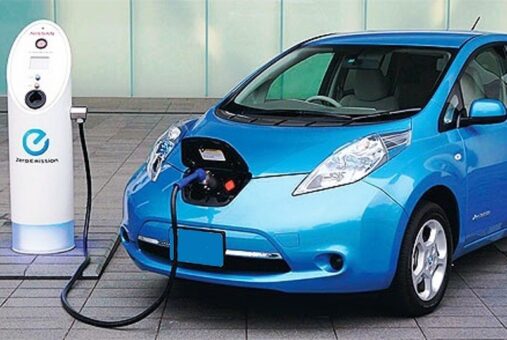Luxury automaker Genesis is realigning its electrification strategy, placing a greater emphasis on developing new hybrid vehicles in response to rising customer demand.
This strategic pivot reflects a broader trend within the auto industry, where several manufacturers are reconsidering their electric vehicle (EV) plans due to slower-than-expected consumer adoption rates.
“Customers now want hybrids more than EVs,” stated Mike Song, Genesis’s global Head, in a recent interview with Top Gear. To address this demand, Genesis is expediting the launch of new hybrid models.
Although the company remains dedicated to long-term electrification goals, it will now offer a more diverse range of powertrain options to better cater to varying consumer preferences.
The specifics of the hybrid system Genesis will utilize have not yet been disclosed. However, it is likely that the company might draw on technology from its parent company, Hyundai, which features both traditional hybrid and plug-in hybrid systems in its lineup. Genesis is expected to adapt these proven technologies for its own vehicles as it moves forward with production.
This shift towards hybrids is consistent with broader industry trends. For instance, Volvo reported a significant 45% increase in hybrid sales during the first quarter, while their EV sales saw a 65% decline.
Similarly, Toyota, renowned for its Prius hybrid, experienced a remarkable 138% surge in hybrid sales during the same period. By prioritizing hybrids, Genesis aims to tap into this expanding market segment and align itself with current consumer preferences.
The decision to focus on hybrids stems from a pragmatic understanding of market dynamics and consumer behavior. While the industry acknowledges the importance of transitioning to fully electric vehicles, the pace of this transition is influenced by various factors, including infrastructure development, battery technology advancements, and consumer readiness.
By offering hybrids, Genesis can provide a transitional solution that bridges the gap between traditional internal combustion engines and fully electric powertrains.
Moreover, hybrids present a more immediate and practical solution for consumers seeking improved fuel efficiency and reduced emissions without the range anxiety associated with EVs. As the charging infrastructure for EVs continues to develop, hybrids offer a more convenient and accessible option for many drivers.
In summary, Genesis’s strategic shift towards prioritizing hybrid vehicles over fully electric ones highlights its responsiveness to market trends and consumer demands.
By leveraging existing hybrid technologies and adapting them to their luxury lineup, Genesis positions itself to meet the evolving needs of its customers while maintaining its commitment to a sustainable automotive future.
This approach not only ensures immediate relevance in the market but also paves the way for a gradual and smoother transition to electrification in the long run.
